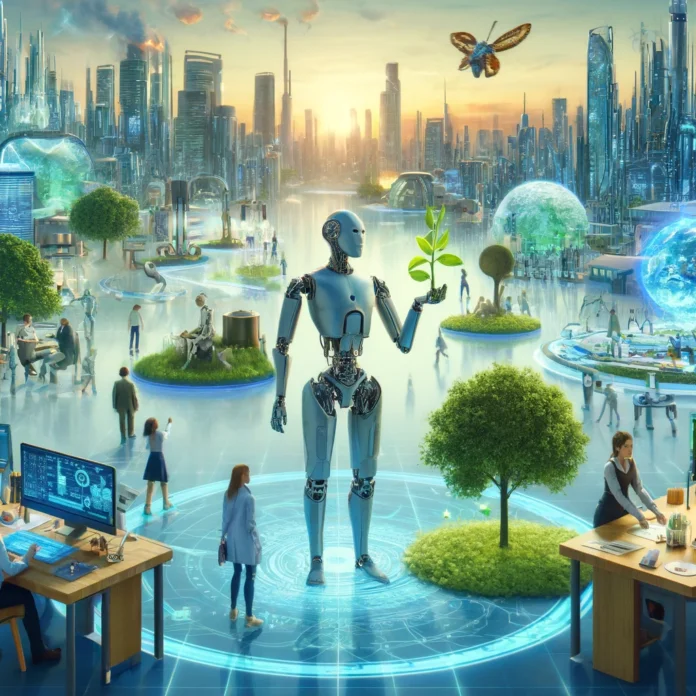Elon Musk, the visionary CEO behind Tesla and SpaceX, has once again made headlines with his bold predictions for the future of artificial intelligence (AI). In a recent interview, Musk suggested that we could see the development of AI that surpasses the intelligence of the smartest human within the next year or two, potentially by 2025 or at the latest by 2026. This forecast not only sets a near-term timeline for the emergence of artificial general intelligence (AGI) but also highlights the rapid pace of AI advancements.
The conversation, which took place on X spaces, touched on several challenges and considerations facing the field of AI. Musk pointed out that the current constraints on AI development are not just limited to technology but also include the availability of electricity. He emphasized that electricity supply would become a crucial factor in the development of AI in the coming years. Additionally, Musk mentioned that the next version of Grok, an AI chatbot from his xAI startup, is expected to complete its training soon, showcasing the ongoing efforts to advance AI technology.
Musk’s prediction builds on his extensive experience in the tech industry, including his role in co-founding OpenAI, from which he later distanced himself by founding xAI as a new venture. His comments reflect a belief in the inevitability of AGI achieving and then surpassing human intelligence levels. The training of these AI models, such as Grok’s upcoming versions, requires an enormous amount of computing power, with tens of thousands of Nvidia H100 GPUs currently in use and expectations to increase this number significantly for future developments.
Beyond the realm of AI, Musk also shared insights into other areas of his business ventures, particularly electric vehicles (EVs) and space exploration. He acknowledged the competitive challenges posed by Chinese carmakers to Tesla, emphasizing the intense rivalry in the global EV market. Musk has previously warned that without trade barriers, Chinese manufacturers have the potential to dominate the industry worldwide.
Furthermore, Musk provided updates on SpaceX’s ambitious goals for Mars exploration, predicting that an unmanned SpaceX Starship could reach Mars within five years and that humans could set foot on the Red Planet within seven years. This forward-looking perspective continues to underline Musk’s role as a driving force behind some of the most groundbreaking technological advancements of our time.
The interview also touched on Musk’s perspective regarding a recent union strike in Sweden against Tesla, which he believes has now been resolved. Moreover, Musk’s interaction with Nicolai Tangen, CEO of Norway’s $1.5 trillion sovereign wealth fund – one of Tesla’s largest shareholders – underscores the broader implications of Musk’s ventures for investors and the global tech landscape.
In conclusion, Elon Musk’s latest predictions for AI surpassing human intelligence within the next couple of years, coupled with his updates on electric vehicles and space exploration, provide a fascinating glimpse into the future as envisioned by one of today’s most influential tech entrepreneurs. As AI continues to evolve at a breakneck pace, Musk’s visions for the technology’s future, along with his ambitious plans for space travel and the EV market, remain closely watched by the world.







